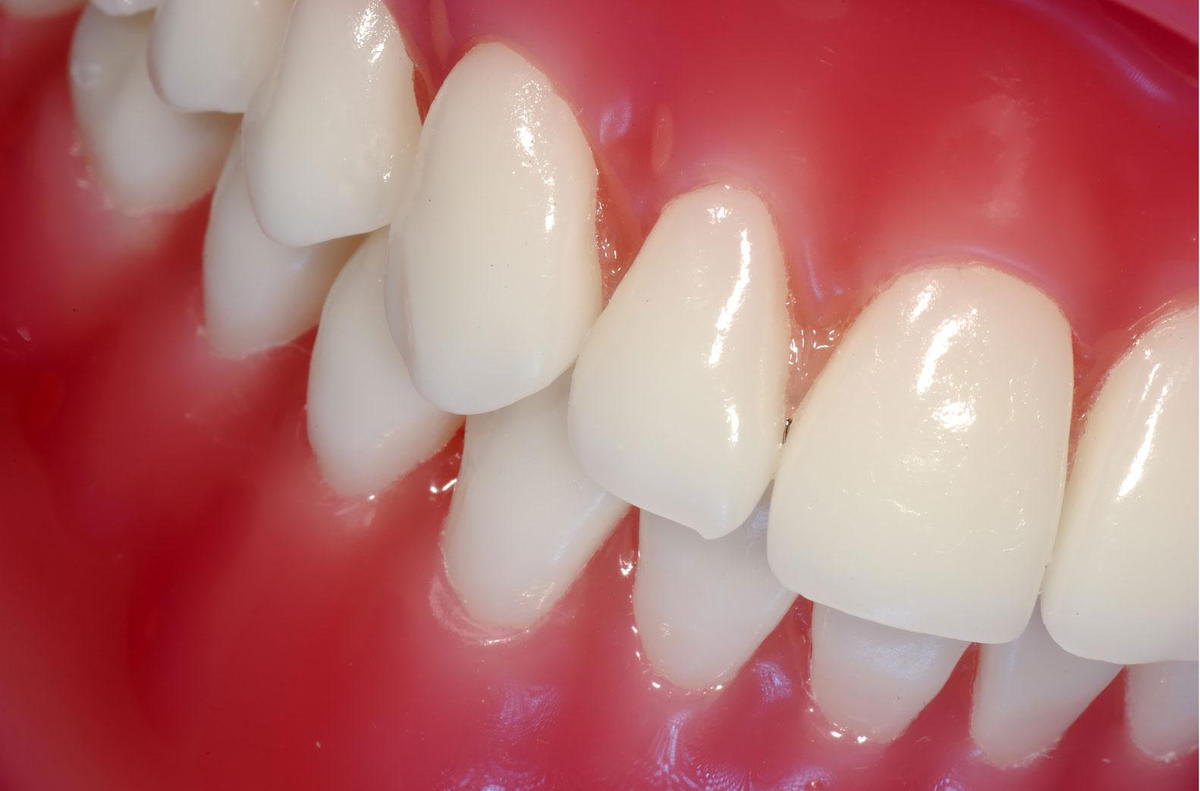 If you could repair a decayed, cracked or abscessed tooth, would you do it? Yes, restoration is always better than extraction whenever possible. At the offices of Wheaton dentists, Dr. David Carlson and Dr. Michael Schuiling, dental crowns restore compromised teeth, improving their lifespan and appearance. Do you need a dental crown?
If you could repair a decayed, cracked or abscessed tooth, would you do it? Yes, restoration is always better than extraction whenever possible. At the offices of Wheaton dentists, Dr. David Carlson and Dr. Michael Schuiling, dental crowns restore compromised teeth, improving their lifespan and appearance. Do you need a dental crown?
You hear a loud snap
You began chewing an apple slice and cracked your tooth on the lower right side of your mouth. That tooth has several fillings, and you've wondered how strong it is. Well, now that it's broken, you need help from your Wheaton dentist.
Dr. Carlson and Dr. Schuiling see this situation frequently. Long-standing wear and tear, oral injury, infection--they all weaken tooth structure. However, many such teeth can be saved.
A dental crown made of high-grade porcelain may be your best treatment option. A quick examination and X-rays confirm the diagnosis and treatment plan. Your dental crown will replace all the damaged tooth structure above the gum line. Your tooth will look normal, bite with the opposing arch of teeth and last for many y ears. Here's how it's done.
The crown procedure
It takes two visits to your dental office in Wheaton. First, your dentist will prepare the tooth. A final shaping allows the permanent crown to fit properly. Oral impressions tell the dental lab how to fashion your crown. While you wait for your restoration, you'll wear a temporary restoration so your smile looks normal.
At your second visit, your dentist will remove the temporary cap and use a light-activated cement to bond the new crown in place. He may adjust the bite so you chew properly and feel comfortable. That's it; you're done and have a durable, attractive tooth once again.
Miscellaneous facts about dental crowns
- They last for many years with proper care such as regular brushing and flossing.
- You brush your crown just like your other teeth--twice a day with a non-abrasive toothpaste, says the American Dental Association.
- Floss carefully around crown margins every day to avoid plaque and tartar build-up. Crowns don't decay, but they can develop gum problems if not kept clean.
- Dentists use crowns to support bridgework, restore dental implants and finish root canal treatments.
- Partial crowns, also known as inlays or onlays, replace fillings on teeth with large chewing surfaces.
A tried and true restoration
That's what a dental crown is. Don't wait on that broken tooth. Call Dr. David Carlson or Dr. Michael Schuiling to see if a modern crown can help. Phone the office staff for an appointment at (630) 653-9002.
